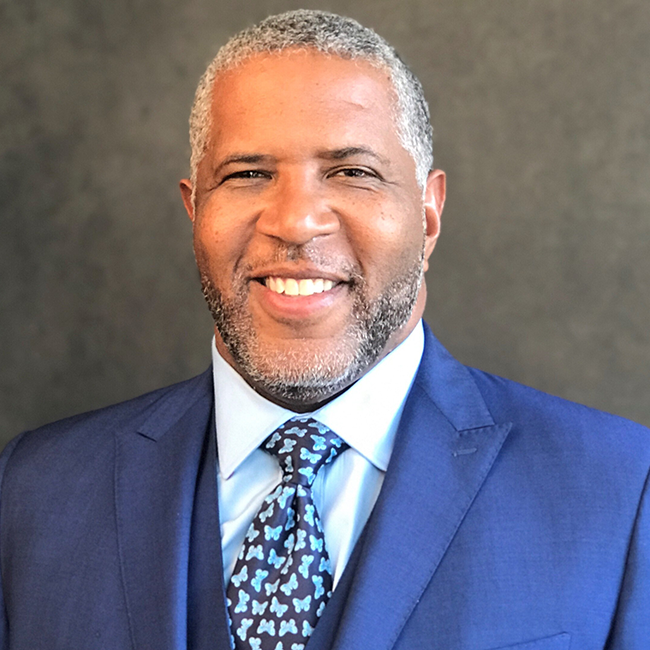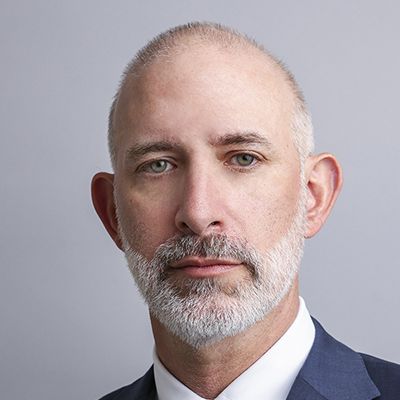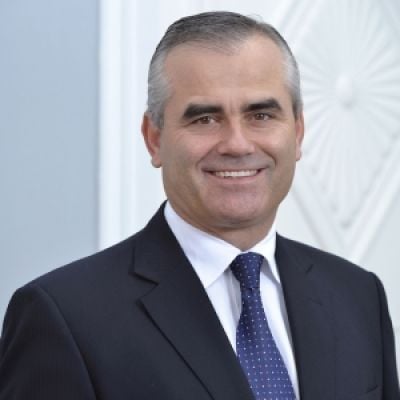
We live in an era of unprecedented technological innovation. Yet, despite the immense wealth being created, financial inequality continues to widen. That does not need to be our future. By leveraging the power of capital markets to create and distribute wealth and embracing the potential of artificial intelligence and blockchain technology, we can redefine financial inclusion and ensure that more people benefit from global economic progress.
The Power of Capital Markets
Financial markets are a force for economic growth. They fuel innovation, enable businesses to expand, and provide individuals with opportunities to grow their wealth. Global markets are expanding and evolving, driven by technological innovations that are opening them to a broader audience and making them more accessible to everyday retail investors around the world.
Innovations such as fractional shares, exchange-traded funds, risk-based model portfolios, and robo-advisory services allow retail investors to gain exposure to assets that were once out of reach. Similarly, the rise of social media is redefining how retail investors engage with financial markets, access information, and make decisions. There has been a democratization of financial knowledge.
Artificial intelligence is turbocharging this reshaping of the investing landscape. The ability to analyze vast amounts of data in seconds enables faster and smarter decision-making, greater efficiencies, greater accessibility, and new levels of personalization. We are only beginning to scratch the surface of what is possible.
1.7 billion people in the world are unbanked, yet 1.1 billion of them have smartphones.
The Potential of Tokenization
One of the most transformative innovations in finance will be the tokenization of assets on the blockchain. Tokenization allows for the fractional ownership of real-world assets, such as stocks, real estate, commodities, and even fine art, breaking down traditional barriers to investing.
For example, historically, investing in real estate has required significant capital and regulatory hurdles. Through tokenization, a property can be divided into thousands of digital tokens, allowing individuals to invest with as little as a few dollars. This opens up new opportunities for wealth creation, especially in emerging markets where traditional financial infrastructure is lacking.
Moreover, blockchain technology provides transparency, security, and efficiency, reducing reliance on intermediaries and lowering costs. As more assets become tokenized, we will move closer to a financial ecosystem where value can be more equitably distributed.
A Practical Experiment in Inclusive Finance
While technology and financial innovation hold great promise, they must be accompanied by a vision of inclusivity. This is why we funded the creation of GoodDollar, one of the largest universal basic income (UBI) projects in the world. Launched in 2020, it is a community-driven nonprofit project that generates and distributes digital money as a means of creating access to wealth for those facing poverty and inequality. Anyone in the world can claim GoodDollar tokens as a daily UBI.
1.7 billion people in the world are unbanked, yet 1.1 billion of them have smartphones. GoodDollar uses decentralized technology to financially empower millions around the globe. To date, GoodDollar has onboarded over half a million users across more than 180 countries, providing them with a digital asset that can be used for transactions, savings, and micro-enterprises. Members also use their UBI to explore Web3, learn by doing, and access DeFi and blockchain-based services.
GoodDollar is an example of crypto making a positive impact and offers a new and innovative model for how corporate entities can support impact initiatives.
Collaboration Is Key
No single entity—government, corporation, or financial institution—can solve the challenge of financial inclusion alone. We need a multi-stakeholder approach that brings together regulators, FinTech innovators, blockchain developers, and traditional financial institutions.
Governments must recognize and support the potential of new and decentralized technologies while implementing clear regulatory frameworks that promote innovation without stifling progress. Financial institutions must embrace change and rethink their role in a more decentralized financial world.
A Vision for the Future
Imagine a world where anyone, regardless of geography or economic background, can invest in high-growth assets, earn passive income through decentralized finance, and easily participate in global markets.
This is not a distant dream; it is within our reach. Through cross-sector collaboration, embracing new technologies, bold experimentation, and a commitment to financial inclusion, we can create a global economy that truly flourishes for all.






















